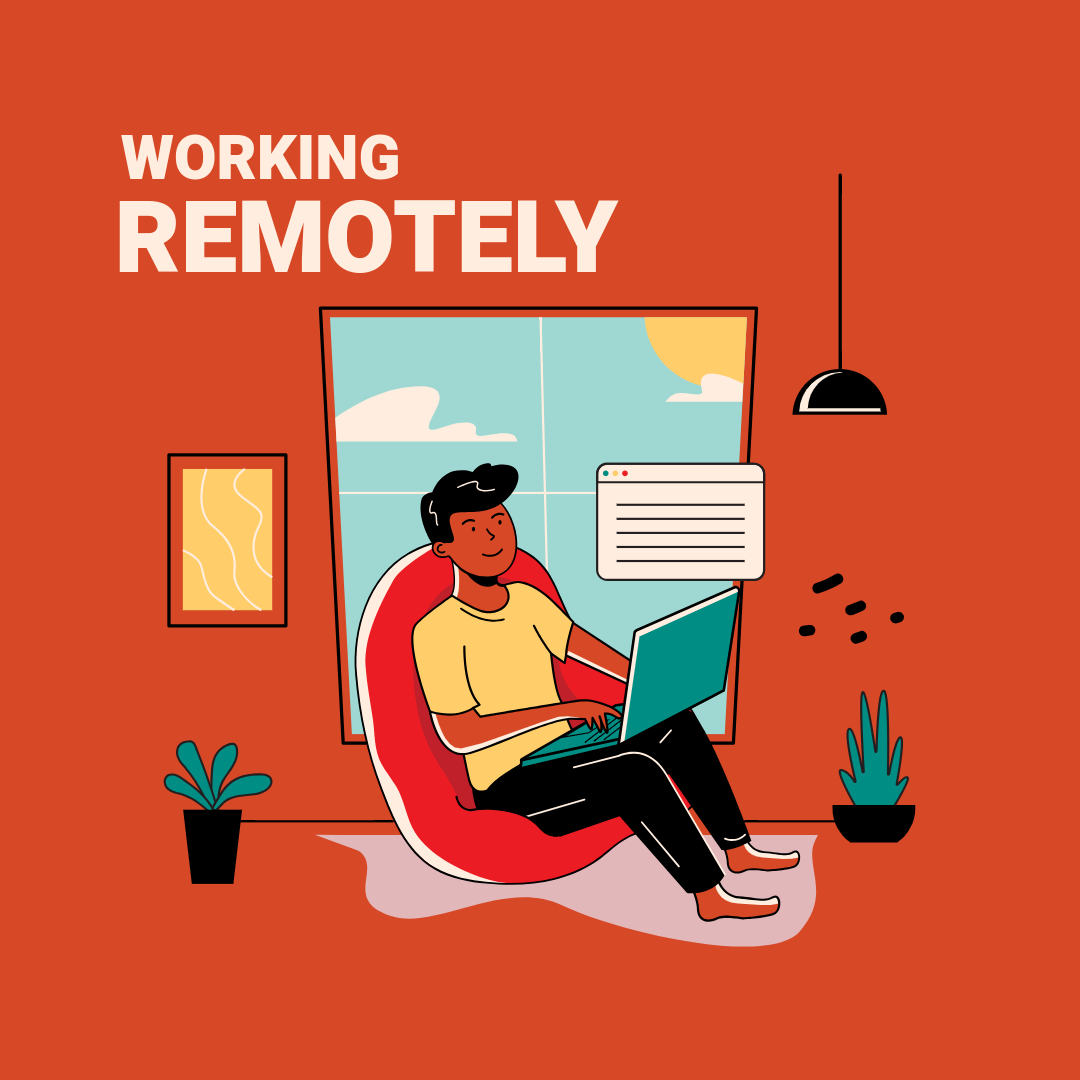Planning to run a business right in your home? More and more people are looking at remote work as a great opportunity for entrepreneurship. Technology has given us the flexibility to make a home-based business work! So without further ado, let’s see how to start your own business from home.
First Things First: Choose a Home Spot
While a few businesses may require turning your basement into a small warehouse for your products, others can run completely online. Still, working at home takes some getting used to. Distractions are everywhere, this is why it’s very important to find a way to stay focused. It’s super important that you stay productive in order to keep you from firing yourself.
This is why you definitely need a designated workspace. An organized limited space with no distractions. And don’t forget to set your business hours too! When working at home, keeping boundaries is super important.
Pros of a Startup Business at Home:
- Low investment
- Flexible work-life (ideal for stay at home parents or retirees)
- Never worry about getting caught in traffic again
A Few Great Ideas for Home Businesses:
Before getting into how to start your own small business at home we want to give a few great ideas in case you don’t have a business in mind yet:
- Print-on-demand business
- Buy products and sell online
- Sell homemade products
- Online services (online classes, freelance writing, freelance graphic design, web design, virtual assistant, bookkeeping)
- Become a blogger
- Start a subscription box business (wine for example)
- Play video games
- Selling on eBay
- Social media specialist
- A doggie bed & breakfast
- Podcasting
- Airbnb hosting

10 Useful Startup Tools for Home Businesses
Okay, so we’ve talked about the benefits of starting your business at home and a few great ideas to start working. Now it’s time to get into how to start a business from scratch.
Here we give you the 10 best tools to help you get your business rolling.
1. Your Website
Manage your online content using a professional site like WordPress. You can find a ton of free resources, tools, and plugins to make your website work. It’s super customizable and you can buy the basic plan for only $8 a month.
Squarespace is another great option, especially for newbies. Using pre-made templates you can build a beautiful website. No coding required. Squarespace rate starts at $12 a month.
Pro Tip: Enable a web push notification service on your website to make it easier to track your performance and re-engage your visitors or customers.
2. Web Hosting
Establishing your own website is a crucial part of building your own business. Siteground offers shared hosting for small businesses. You’ll be sharing a server with other websites for less than $12 a month.
If you think you will be receiving a large number of visitors on your site, you might want to go for something a bit larger like InMotion.
3. Social Media Manager
Social media is an essential part of your customer communications, brand awareness, and promotions. Using a social media manager, you can work all your platforms in one single place. It lets you schedule posts, track your social media engagement, and more. Try Hootsuite for $29 a month or Zoho (a more simple version) for only $10 a month.
4. Design Templates
Tools like Placeit will make your life easier to make designs for your branding starting with your logo design! You can make all your social media posts plus videos! Everything for a subscription of $14 a month!
5. Mailing Services
Weave allows you to communicate with your customers via text, schedule appointments, payment reminders, and more. As for MailChimp and MailMunch, both are great and affordable tools to manage your mailing.
6. Outsource
There will be a few tasks on your new home business that you don’t necessarily know how to do. You can outsource work using sites like Upwork where you can hire freelancers for all kinds of tasks.
7. Cart Shopping
Making online payments available for your customers will be largely appreciated! Shopify is always a secure option and you can use it for $29 a month. Stripe is also a great option with a flat rate of 2.9% + $0.30 per transaction. Choose whichever cart shopping service is better for you.
8. Product Shipping
This might not be needed for every home business, but if you do need shipping services, consider using sites like Shipping Easy and After Ship. Both of these will deal with your shipping, inventory management, deadlines, customer notifications, and more. And even better! For fewer than 50 shipments a month, these sites are completely free.
9. Bookkeeping
When you start making real money, you will need a very clean and organized tool to keep track of your income. Tools like Freshbooks can help with your online accounting and give you expense reports with plans as low as $6 a month. Quickbooks is another very popular option to keep track of your finances.
10. Customer Relationship Manager
Hubspot is a great database manager to keep track of your clients completely free. Manage your sales, your customer service, your whole business process, and more.
Bonus: Also, to keep an organized calendar for all your pending work you can use simple tools like Google Calendar to organize all your events.
Our last tool recommendation for a home business is a super useful extension called Toby that lets you bookmark all of the tools we just talked about so you can have it all organized on your website.
Wrapping Up
If you feel these tools apply to the line of work you will be trying out at home, try them out to help you push your productivity to higher levels! You might find yourself thinking “how did I ever get anything done without this tool?” We promise they will be truly helpful to you. Wish you the best of luck on your home business!
Valeria Santalla is a multi-disciplinary graphic designer and writer that loves to create branding images for local business, she currently collaborates as a content creator and branding expert.
Tags:
content strategy, digital marketing, ecommerce tools.

























